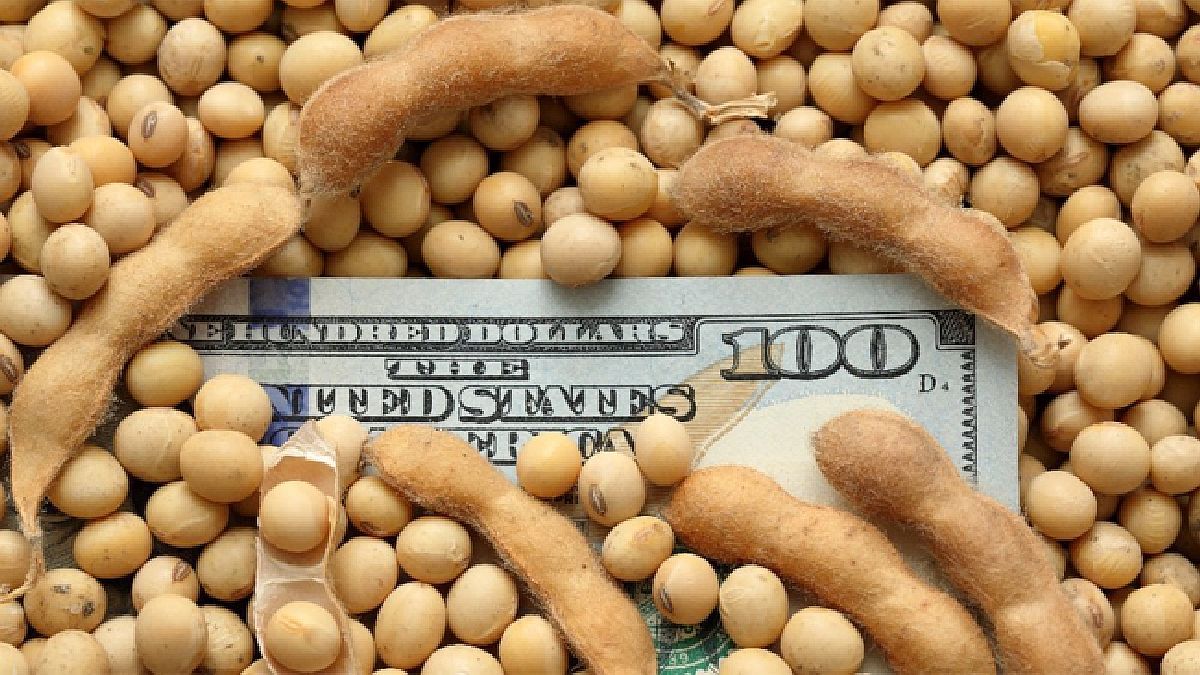Meanwhile, with regards strictly to soybeans and corn, in the field the producers directly speak of a “productive disaster”, since the rains of the last few weeks, although they helped to improve the situation of the boxes implanted later, the estimated drop in the average yield for both crops continues to be very high.
“The second estimate of the oilseed continues to show the impact of the worst drought in the last 60 years in Argentina and the lack of a forceful response from the climate to put an end to the losses. The February cut is 7% compared to the January figure, going from 37 to 34.5 million tons. In this way, it will be the second worst national harvest of the last 15 years, already being lower than that of 2017/18 (35 million tons).”, they detail from the Rosario entity.
For its part, in corn, a 15% drop in production is already estimated compared to the 50 million tons expected with a normal climate scenario. 7.5 million tons of cereal are considered lost and it is projected that with 42.5 million tons it will be the worst Argentine harvest in the last 5 years.
In turn, the Rosario Stock Exchange leaves a question mark that clearly shows the magnitude of the current drought that is affecting the country: “In terms of yield, with 64.1 quintals of hectares, it is the fourth worst record in 15 years Despite the enormous technological leap of the crop, the increasing doses of fertilization and the unprecedented fact that late plantings occupy almost 75% of the national planting area. What would have happened if such a drought occurred at the beginning of this series? Surely, we would be talking about the lowest yield for said period in Argentina”.
According to surveys in the field, “the productive disaster” begins in Entre Ríos, continues throughout Santa Fe and extends to the west and to a large part of the central Cordoba strip. It also extends to the south: Buenos Aires is affected, especially the north and central east.
In short, the current drought has come to complicate the already hit Argentine economy and the impact that this scenario will have is still uncertain. For now, the foreign exchange settlement in February has been one of the lowest since 2003, while the first two months of the year would be the one with the lowest income of dollars since 2007.
Source: Ambito




